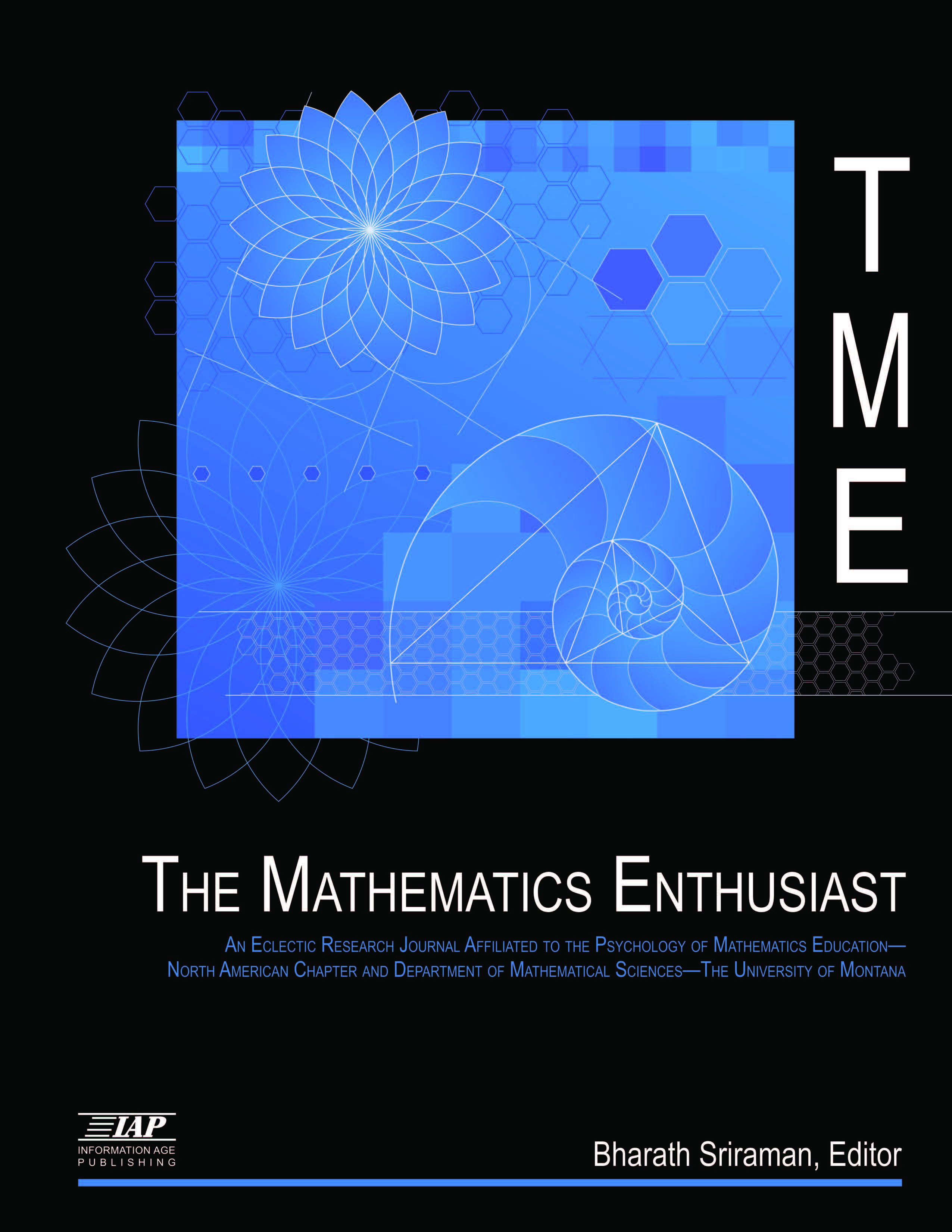
Volume
5
Issue
2-3
Abstract
In its Final Report, the National Mathematics Advisory Panel has depicted a stark image of mathematical competencies and achievement among U.S. students. The Advisory Panel notes the lack of research with “truly scientific” rigor and, mentioning Vygotsky’s cultural-historical activity theory in passing, suggests its utility to be untested. In reading the report, I noted the limited understanding of the mathematics education literature it articulates and a complete failure to draw on established, “tried and proven,” theory and practice in mathematics education founded upon an encompassing culturalhistorical activity theory. This theory is comprehensive and encompassing, because it retains activity in its entirety as the unit of analysis, which leads to an integrated and integral consideration of those “factors” that are taken to be external to mathematical cognition in the Final Report. In this article, I articulate the current state-of-the-art understanding of cultural-historical activity theory and then use it to provide a critical perspective on the report, its recommendations, and its conclusions as these pertain to the learning of mathematics.
First Page
371
Last Page
386
Recommended Citation
Roth, Wolff-Michael
(2008)
"Mathematical Cognition and the Final Report of the National Mathematics Advisory Panel: A Critical, Cultural-historical Activity Theoretic Analysis,"
The Mathematics Enthusiast: Vol. 5
:
No.
2
, Article 19.
DOI: https://doi.org/10.54870/1551-3440.1116
Available at:
https://scholarworks.umt.edu/tme/vol5/iss2/19
Digital Object Identifier (DOI)
10.54870/1551-3440.1116
